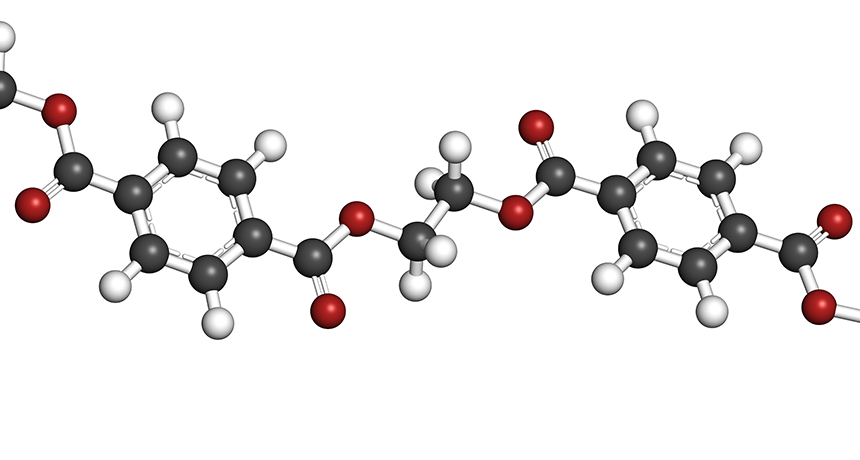Checking Out the Varied Applications and Advantages of Polymers in Different Industries
Polymers, with their diverse variety of properties and performances, have come to be indispensable in different sectors, each gaining one-of-a-kind benefits from their application. From enhancing security and performance in the automobile field to revolutionizing clinical devices in the medical care sector, polymers play a pivotal role.
Automotive Industry Applications
Polymers play a pivotal duty in improving the performance and longevity of numerous components within the automotive sector. These flexible materials are extensively used in the production of different components, varying from indoor elements to under-the-hood applications. One popular use of polymers in the auto market is in the production of lightweight components. By replacing standard metal get rid of polymer-based alternatives, lorries can achieve improved fuel performance without jeopardizing on toughness or security.

Healthcare Sector Benefits
In various health care applications, the benefits of making use of polymers are commonly acknowledged for their varied array of helpful homes. Polymers play a crucial function in the health care sector because of their versatility, biocompatibility, and cost-effectiveness. Among the main advantages of polymers in healthcare is their capability to be customized to specific demands, such as adaptability, durability, and biodegradability, making them excellent for a wide variety of clinical applications.
Polymer-based materials are extensively made use of in medical devices, such as catheters, implants, prosthetics, and medication shipment systems, as a result of their biocompatibility and capability to resemble all-natural cells. These products can lower the risk of allergic reactions or beings rejected, improving patient safety and results. Additionally, polymers are lightweight, making them appropriate for wearable medical tools and making sure client comfort.
Moreover, polymers enable the development of ingenious treatment approaches, such as hydrogels for cells engineering and nanocomposites for targeted drug distribution. Their ease of handling and sanitation makes them crucial for maintaining high standards of health in health care setups. On the whole, the varied advantages of polymers Check Out Your URL contribute substantially to developments in medical innovation and person care.
Environmental Advantages of Polymers

Additionally, polymers can add to power savings due to their light-weight nature. In sectors such as transportation, light-weight polymer materials can help in reducing gas intake and greenhouse gas emissions. Furthermore, polymers can enable the development of energy-efficient items such as insulation materials that enhance power preservation in buildings.
Moreover, polymers play a critical duty in reducing water contamination. For instance, the use of polymer-based filtration systems can efficiently get rid of pollutants and impurities from wastewater, safeguarding water resources and ecosystems. In general, the ecological benefits of polymers make them beneficial properties in advertising sustainability and environment-friendly methods across various industries.
Polymers in Electronic Devices and Innovation
Thinking about the increasing need for ingenious and sustainable solutions in modern-day markets, the combination of sophisticated polymer technologies in the realm of electronic devices and innovation has emerged as a crucial method for driving effectiveness and performance. Polymers have actually reinvented the electronic devices market by enabling the production of lighter, extra versatile, and sturdy electronic gadgets. From mobile phones to clinical gadgets, polymers play an essential role in enhancing item design and performance.
One significant advantage of polymers in electronics is their shielding buildings, which aid shield delicate electronic elements from environmental elements and electric disturbance. Additionally, polymers are important in the growth of flexible display screens, wearable technology, and printed electronic devices, supplying limitless possibilities for developing wise and interconnected tools.
Furthermore, making use of polymers in digital packaging has actually led to advancements in miniaturization and thermal management, enhancing the general efficiency and reliability of electronic systems. As innovation remains to evolve, the versatility and versatility of polymers will undoubtedly drive further advancement in the electronics sector, shaping the future of innovation.
Role of Polymers in Building And Construction and Infrastructure
Polymers provide numerous advantages in the building market due to their flexibility, toughness, and cost-effectiveness. One crucial role of polymers in building is their use in finishings and look at more info sealers, providing security versus environmental aspects such as dampness, UV radiation, and corrosion.
Furthermore, polymers visit this web-site play an essential role in lasting building and construction methods by allowing the growth of energy-efficient structures. Shielding products made from polymers aid regulate interior temperature levels, minimizing the demand for heating and cooling systems and eventually lowering power intake. The use of polymer-based composites in facilities jobs such as bridges and roads improves their longevity and minimizes maintenance expenses. Generally, the consolidation of polymers in building and infrastructure displays their substantial effect on modern design techniques.
Verdict
In final thought, polymers play a critical function in various sectors such as automotive, healthcare, ecological, electronic devices, and building. From boosting fuel efficiency in vehicles to improving medical gadgets, polymers provide numerous advantages.